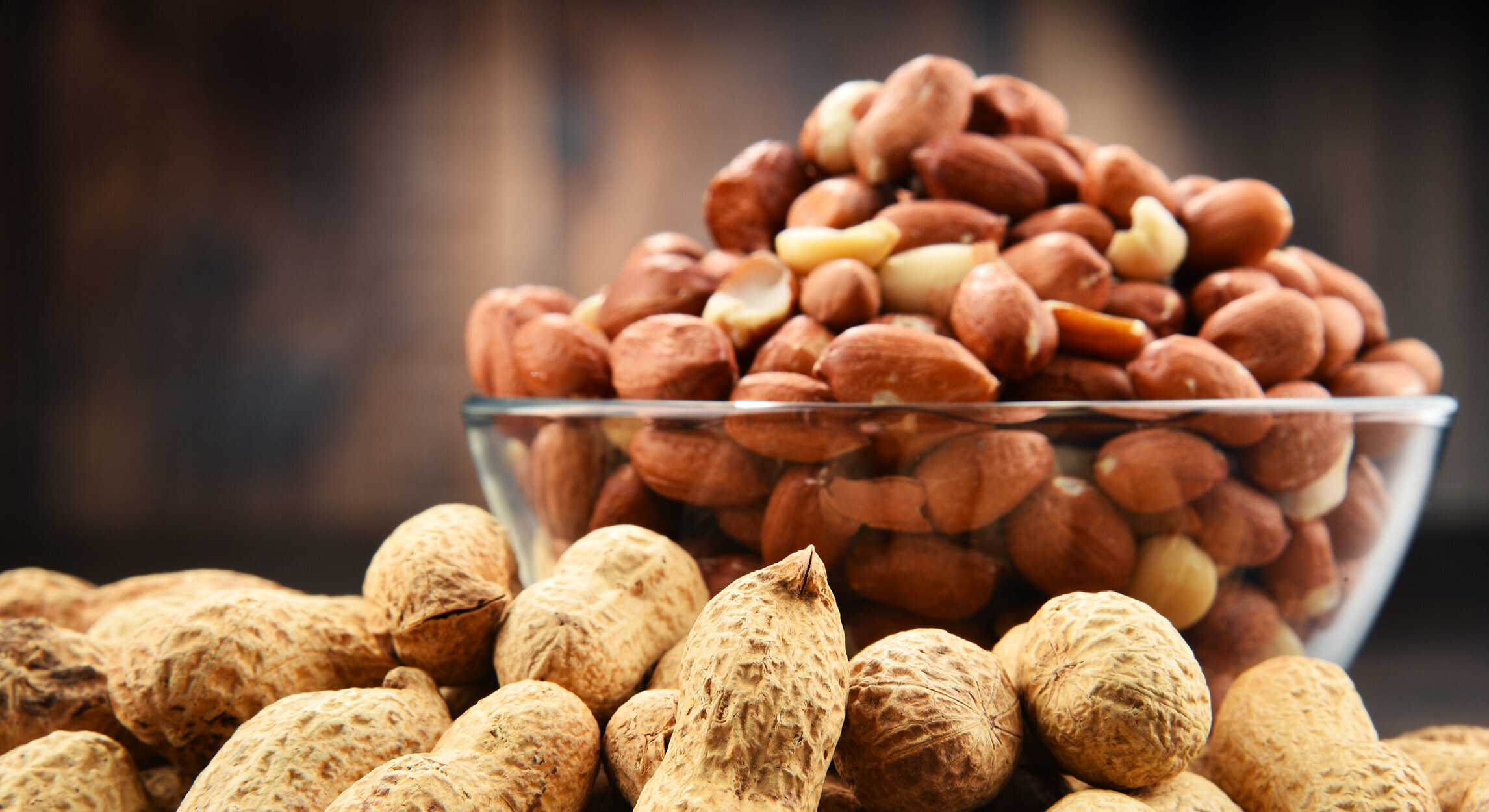Peanuts are much more than just a snack. This versatile food offers a wealth of nutrition and a multitude of uses in a variety of fields. This article explores the origins, health benefits, culinary and industrial uses of peanuts, highlighting why they are so popular around the world.
Origins and cultivation of groundnuts
Groundnuts originated in South America, where they have been cultivated for thousands of years. Today, it is grown all over the world, with key producing regions including the United States, China, India and West Africa. The groundnut plant grows best in tropical and subtropical climates and is known for its ability to enrich the soil with nitrogen, thanks to a symbiosis with nitrogen-fixing bacteria.
Nutritional benefits of peanuts
Peanuts are an excellent source of vegetable protein, healthy fats and fibre. They are rich in vitamins and minerals, including vitamin E, folic acid, niacin, magnesium and phosphorus. The monounsaturated and polyunsaturated fats in peanuts help maintain a healthy heart. They also contain antioxidants, such as polyphenols, which protect cells against oxidative damage.
Rich in protein and healthy fats:
Peanuts are an exceptional source of vegetable protein, providing around 25 grams of protein per 100 grams. This high protein content makes them a food of choice for vegetarians, vegans and anyone looking to increase their protein intake. Protein is essential for the construction and repair of body tissue, the proper functioning of the immune system and the production of enzymes and hormones. Peanuts are rich in monounsaturated and polyunsaturated fats, which are beneficial for heart health. These types of fat help to reduce levels of bad cholesterol (LDL) in the blood while increasing levels of good cholesterol (HDL). Studies show that regular consumption of these healthy fats can reduce the risk of cardiovascular disease.
Vitamin and mineral compounds :
Peanuts are an abundant source of essential vitamins and minerals. They contain vitamin E, a powerful antioxidant that protects cells against damage caused by free radicals. Folic acid, present in large quantities in peanuts, is crucial to the health of pregnant women, as it helps prevent neural tube defects in the foetus. Niacin (vitamin B3) helps maintain the health of the skin, nerves and digestive system. Magnesium and phosphorus play key roles in bone formation, energy production and muscle function.
A powerful antioxidant:
Peanuts contain antioxidants such as polyphenols, which have anti-inflammatory properties and protect cells from oxidative damage. These antioxidants can help reduce the risk of chronic diseases such as cancer and heart disease. The presence of resveratrol, a polyphenol also found in grapes, gives peanuts additional protective properties against cardiovascular disease and certain cancers.
Culinary and cosmetic uses of peanuts
Peanuts are incredibly versatile in the kitchen. It can be eaten raw, roasted, or in the form of peanut butter, a tasty and nutritious paste. Peanuts are also used to extract peanut oil, which is appreciated for its high resistance to heat, making it ideal for frying and cooking. In kitchens around the world, peanuts are used in a wide range of recipes, from savoury dishes such as sauces and stews, to desserts such as biscuits and cakes. In addition to cooking, peanuts have many industrial applications. Its oil is used in the manufacture of cosmetics and skin care products because of its moisturising properties. Peanut protein is also used in the production of processed foods and vegetarian meat substitutes. In agriculture, peanut meal, a by-product of oil extraction, is used as animal feed due to its high protein content.
Precautions and allergies
Although peanuts are nutritious and beneficial, they are also one of the most common food allergens. Allergic reactions can range from mild to severe, including symptoms such as skin rashes, itching, breathing difficulties and anaphylactic shock. It's crucial for allergy sufferers to read food labels carefully and consult a healthcare professional if in doubt.
Conclusion
Peanuts are a multi-faceted food, rich in essential nutrients and offering a wide range of culinary and industrial uses. Whether as a source of protein in the daily diet, a key ingredient in various recipes, or a raw material for cosmetic products, peanuts continue to prove their value in various aspects of human life. At Ecosystem Laboratoire, we find this peanut in our 100% plant-based, GMO-free, additive-free and preservative-free food supplement: Antiox96.










